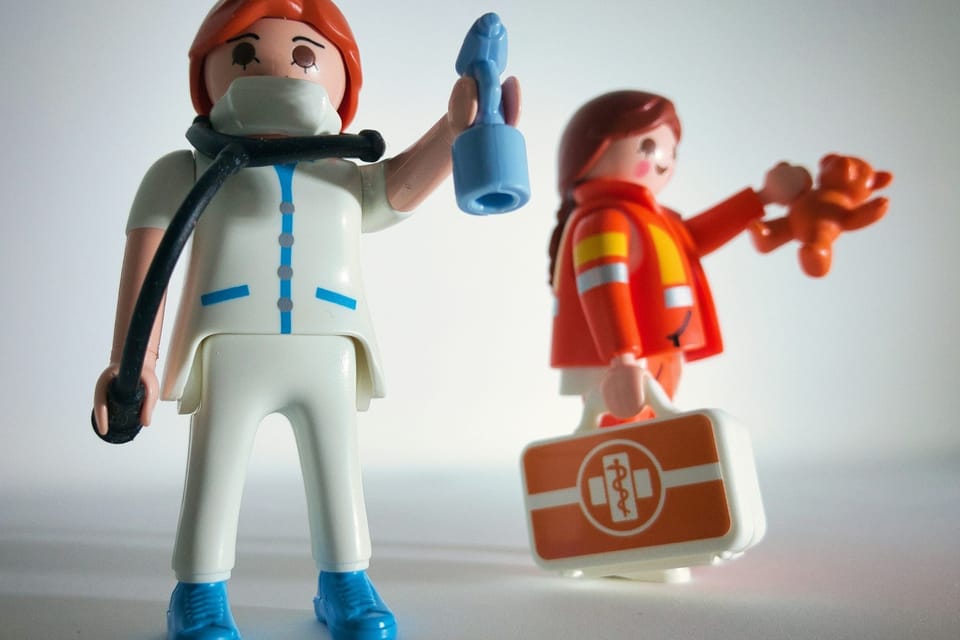Advocating for yourself

The main update since I last showed up here is that I was recently diagnosed with ulcerative colitis, one of the two main types of inflammatory bowel disease (IBD). It’s a chronic condition, so now I need to figure out how to best manage it, including keeping up with any necessary medical appointments and tests to detect or prevent possible complications.
Honestly, I hate having a serious chronic condition for which there is no definitive cure. And it feels unfair that after almost 25 years of struggling with eating disorders, I still can’t catch a break when it comes to my health (life isn’t fair, I know!). But what frustrates me the most is that I started experiencing gut issues at 22, and for many years, countless doctors dismissed my symptoms as “mostly in my head.” My health kept deteriorating, my flare-ups grew more frequent and painful, yet I was often just prescribed antidepressants and “stress management” (probably one of the most overused phrases out there). Occasionally, probiotics were thrown into the mix. I don’t think all these doctors were disinterested, but they certainly underestimated my situation. When they learned about my eating disorder history (an area that too many healthcare professionals still understand very little about), many assumed poor mental health was the root cause. As if eating disorders can’t permanently impact your body or coexist with other conditions—but that’s a topic for another day.
It’s a relief to finally have a diagnosis and an explanation for so many of my symptoms, so I’m trying to focus on that and on finding the best specialists for my treatment. Above all, though, I want to emphasize the importance of self-advocacy. I could feel my body falling apart as I grew weaker, but after so many attempts to find answers and not being taken seriously—by doctors and family—for a long time, I resigned myself to managing the pain and other symptoms as best I could. A couple of years ago, however, I decided I deserved better and resumed my search for answers. Finally, I found a doctor who took my concerns seriously and recommended I see a specialist for a colonoscopy. This specialist listened to me, validated my experience, and expressed regret that I had suffered for so many years without treatment.
Whatever you might be going through, whether mental or physical, don’t let others dismiss your experience or tell you to “stop overthinking it” (yes, I’ve heard that too). Don’t let resignation or self-doubt take over, as they did for me for years. If you’re struggling, you have every right to be taken seriously. If those who are supposed to help dismiss you, keep searching for others who will listen. This advice doesn’t just apply to health—it’s true for any area of your life where you feel misunderstood or overlooked.
Be your own best friend and strongest advocate and remember to stand up for what you need, whether that’s more rest, a different routine, or simply being treated with respect and understanding. Be realistic in your expectations, but stay persistent. And let’s all try to do the same for those around us, making space for each other’s experiences, even when we don’t fully understand them. Life may not always feel fair, but we can still make it kinder.



Member discussion